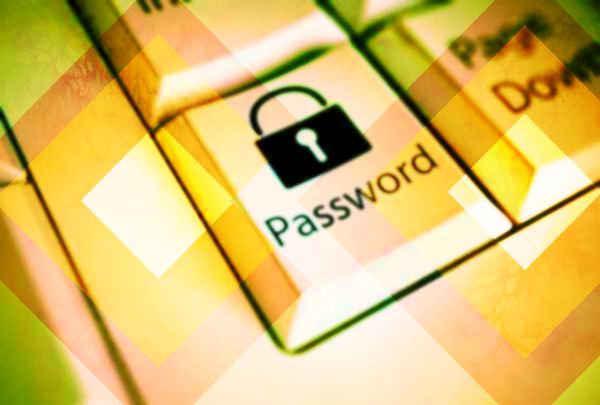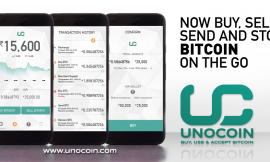In the age of the Internet and Mobile devices, everything is going digital, whether it is shopping or even Banking. Online banking has made everyone’s life easier, enabling us to pay bills, set up payments and transfers as well as arrange overdrafts, all within the comfort of our own home. More and more customers do their day to day transactions using a mobile app of their bank. However, online banking is not without its risks.
But the main question is how safe is online banking? Despite the rise in fraud cases being reported every day, online banking is extremely safe. There are numerous safeguards in place by the banks and other financial organizations to prevent fraud, theft and other mischievous activities online. With multiple levels of confirmation & identification and complicated password ensures that our financial capital is safe.
Though over the years internet banking has improved significantly, there are still some loopholes that hackers can exploit to hack into anyone’s online banking account. The most common techniques deployed by fraudsters to obtain login credentials to a user’s online banking account include keylogging, spyware, adware, Trojans, phishing etc
When it comes to finding a reputable bank that offers best internet banking services, The State Bank of India (SBI) ensures that you have a smooth and secure transaction with their advanced computer security.
The State Bank of India (SBI), a 211-year-old organisation has been reinventing continuously to meet all its customer’s needs. The Bank has been rolling out products for every need of their customers. In today’s IT driven business environment, all the needs of the customers are met through technology products and in this context, SBI has made sure to provide awareness on safe usage of the IT products rolled by them.
There are few simple guidelines which need to be followed by customers to keep their account secure.
- a) While using Debit Cards
1) Taking utmost care of ATM PIN; do not share it with anyone. Keep changing it at regular intervals. Do not write ATM PIN at any place.
2) Keep the Pin a little complex and not as 1212, 4545, 1112 as guessable ones.
3) Never give your card to the waiter at restaurants. Go by yourself at the payment counter and get the card swiped in your presence.
4) While doing “online” transactions, be aware of the security of the Internet connection. To the extent possible, do not use Public Wi-Fi or other Free Wi-Fi.
- b) Vishing or Phishing
Vishing is when scammers contact you over the phone to extract personal information or trick you into giving access to your accounts.
Phishing is a rather unpleasant technique of conning someone to reveal their security details and passwords to fraudsters pretending to be in a position of authority.
Here’s one example of how phishing works in practice. You receive an email that looks like it came from your bank (it carries the proper logos and provides a link to what you believe to be the bank’s website). The email asks you for your security details or tells you to log into your account, usually by informing you of a problem that you need to rectify as soon as possible. But instead, you will be redirected to a fake website.
The site will prompt you to enter your details as usual (including password, ID number, security questions and mothers’ maiden name). The details you submit are then used to clear out the funds within your account, often within minutes.
The way to prevent this from happening to you is simple. No bank will ever ask you for confidential account details over email. If you get an email asking you to confirm your bank details, do not follow the instructions, but contact your bank using your usual methods and inform them about the email.
If you get fooled into handing over your details, again, contact your bank immediately. The sooner you report it, the sooner your bank can put a block on your account and change your details before any criminals can gain access.
- c) While using ‘Internet Banking’ channel
- a) Keep your user ID and password confidential. Keep a Strong Password. Use a virtual keyboard while entering your password.
- b) Don’t reveal your passwords to others.
- c) Use alpha, numeric and special characters in your password.
- d) Register your Mobile number in the Bank accounts for SMS alerts.
- e) Do not use INB using insecure internet like Public Wi-Fi or any free Wi-Fi in Coffee Shops, Airports, etc.
- f) Do not keep more than required limits for beneficiaries for money transfer.
- g) Logout properly and immediately on completion of your session desk.
There’s no way that you can make yourself 100% safe from banking fraud, but by just following these simple measures you will be able to demonstrate to your bank that you have taken all reasonable security precautions and prevent yourself from falling victim to bank fraud. In this way, we would be able to protect ourselves and not be vulnerable.


